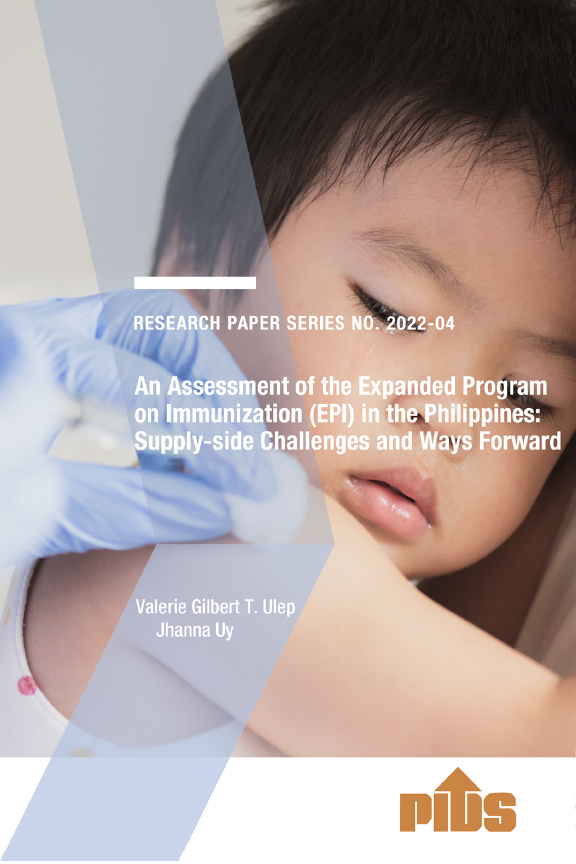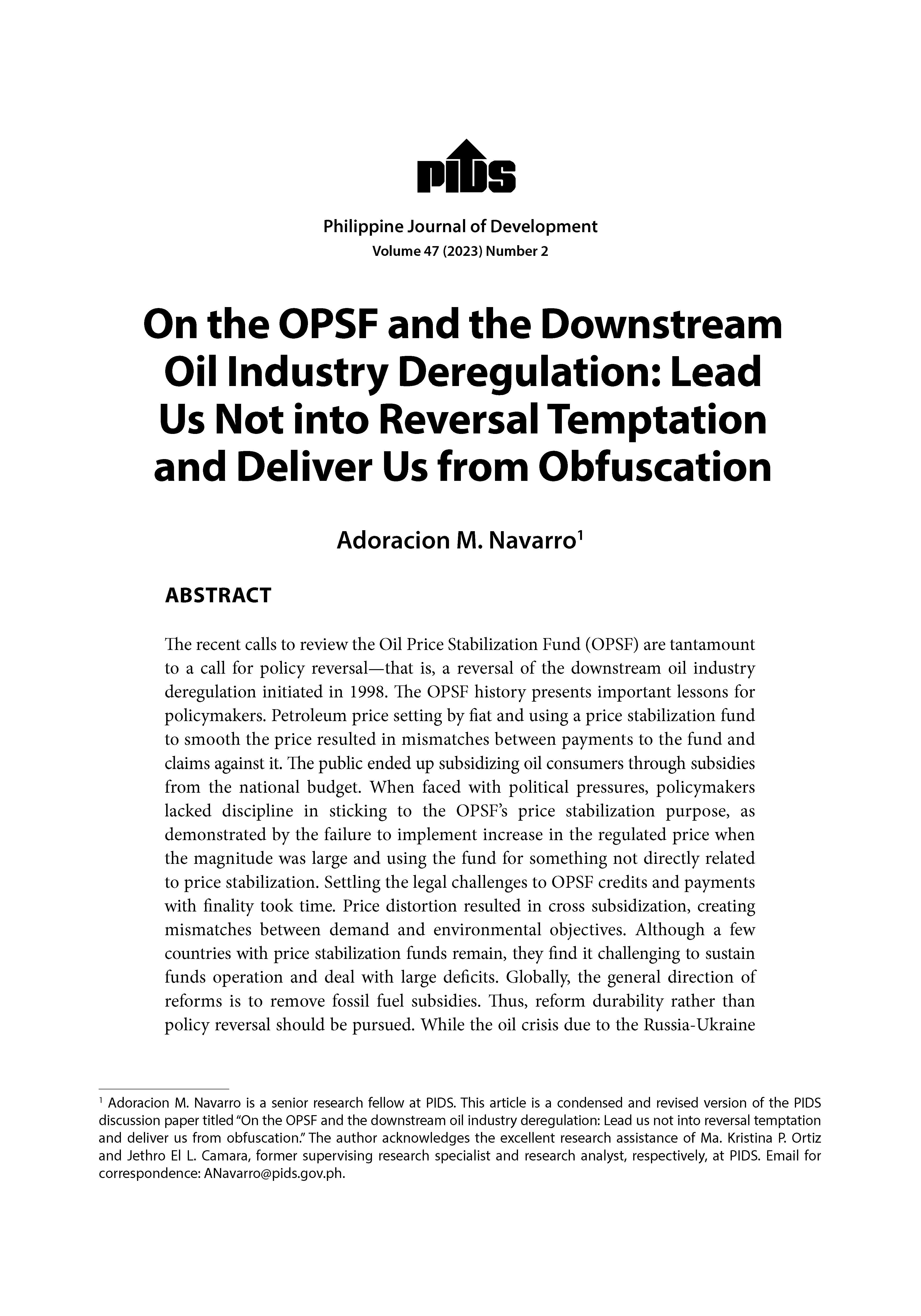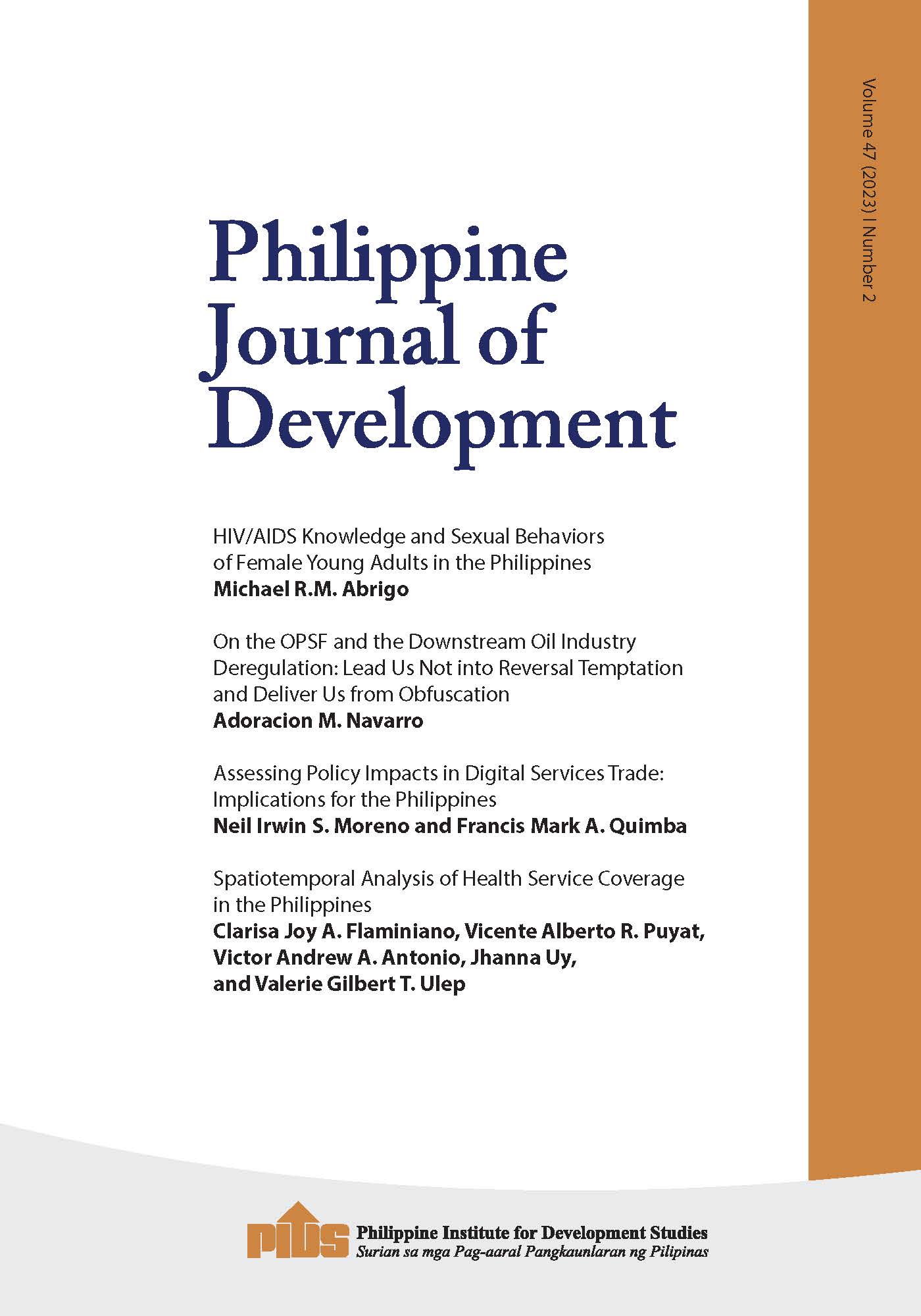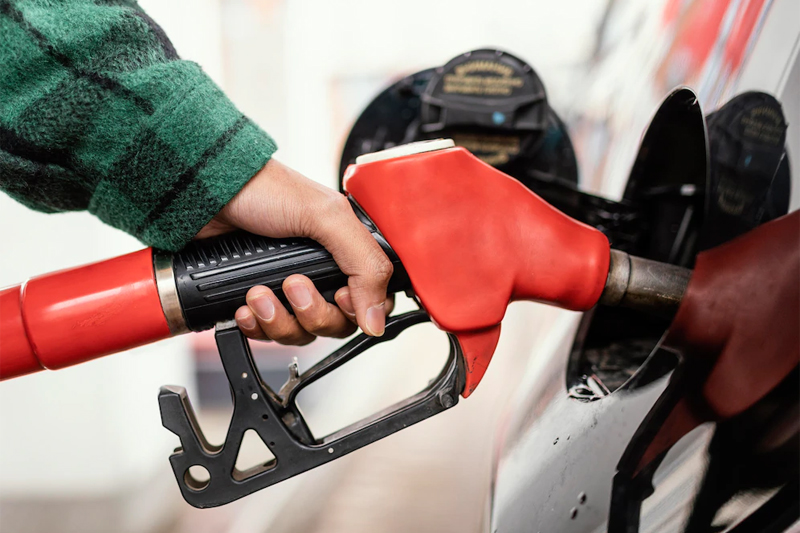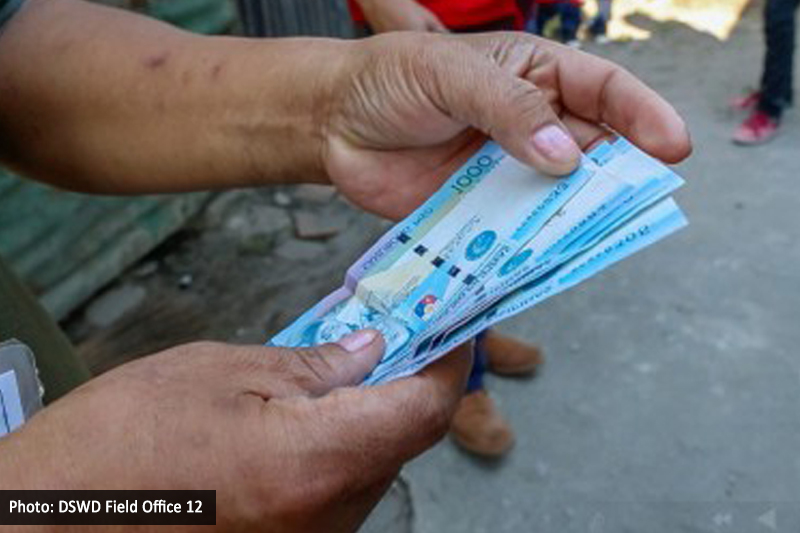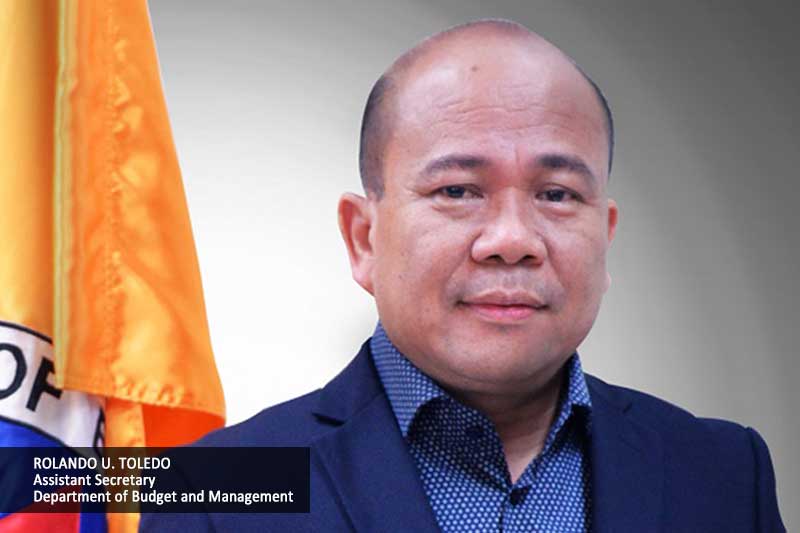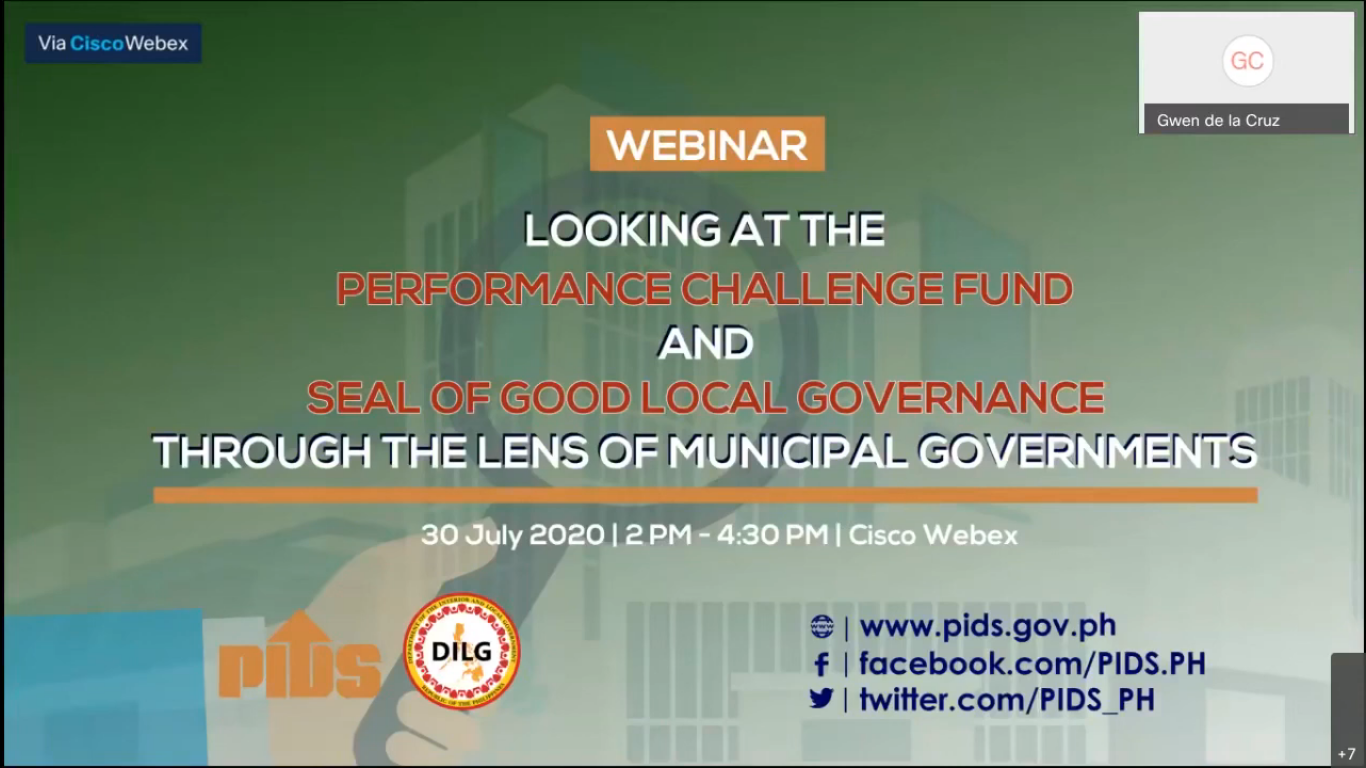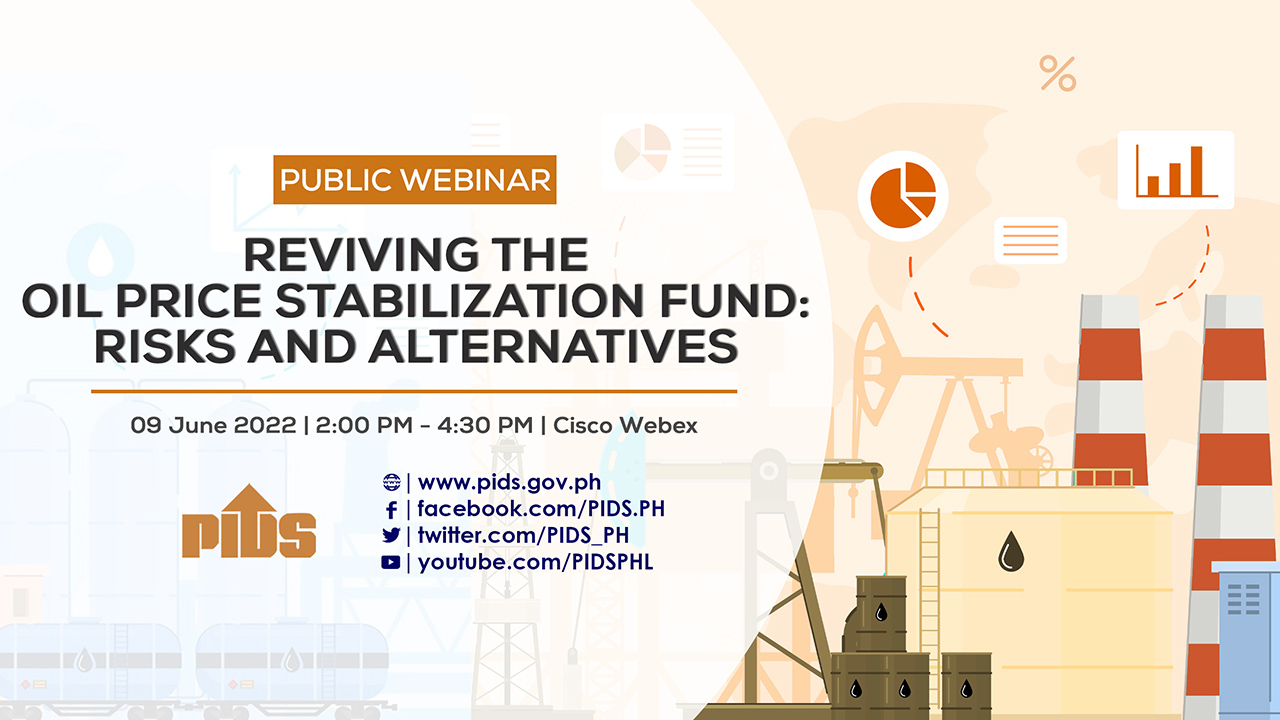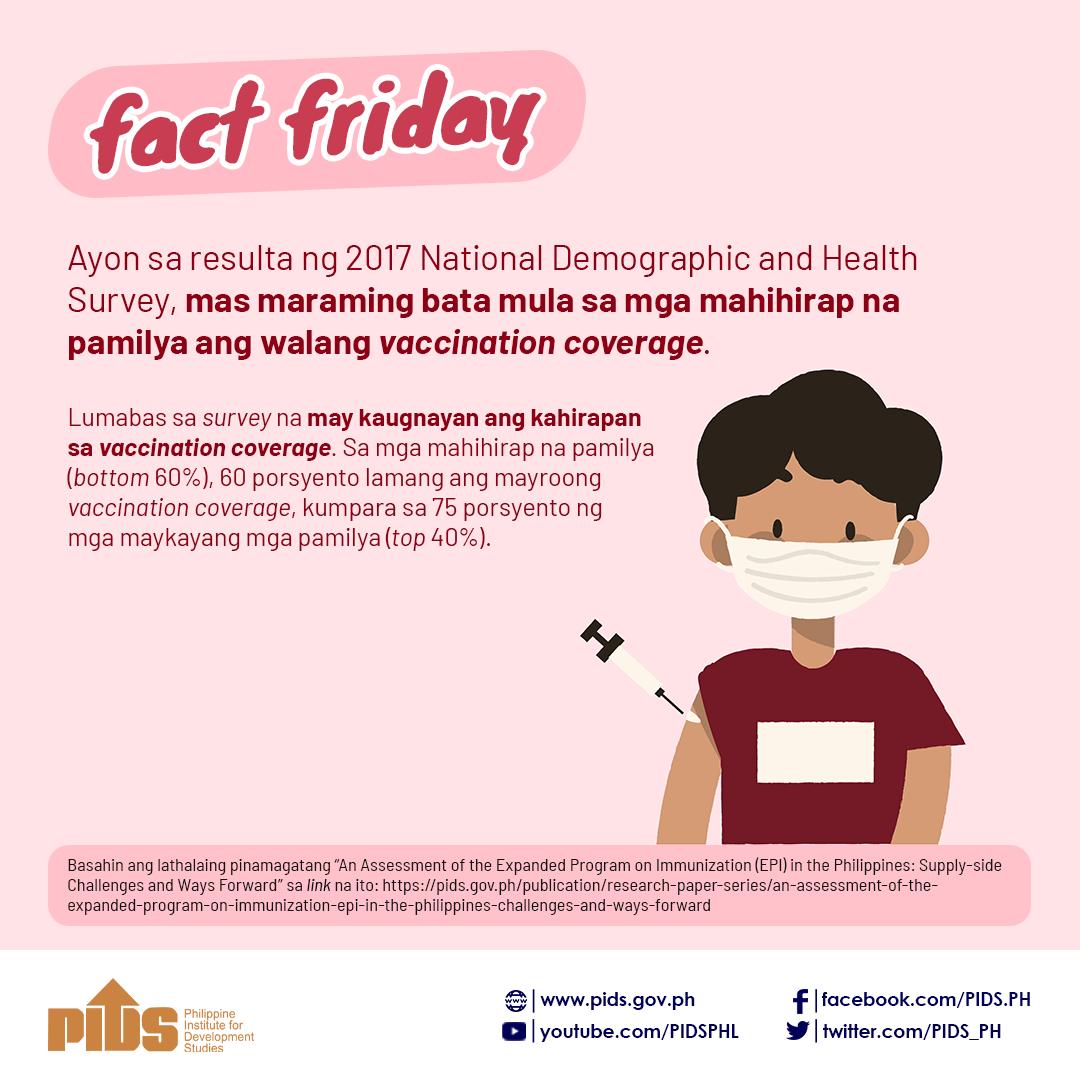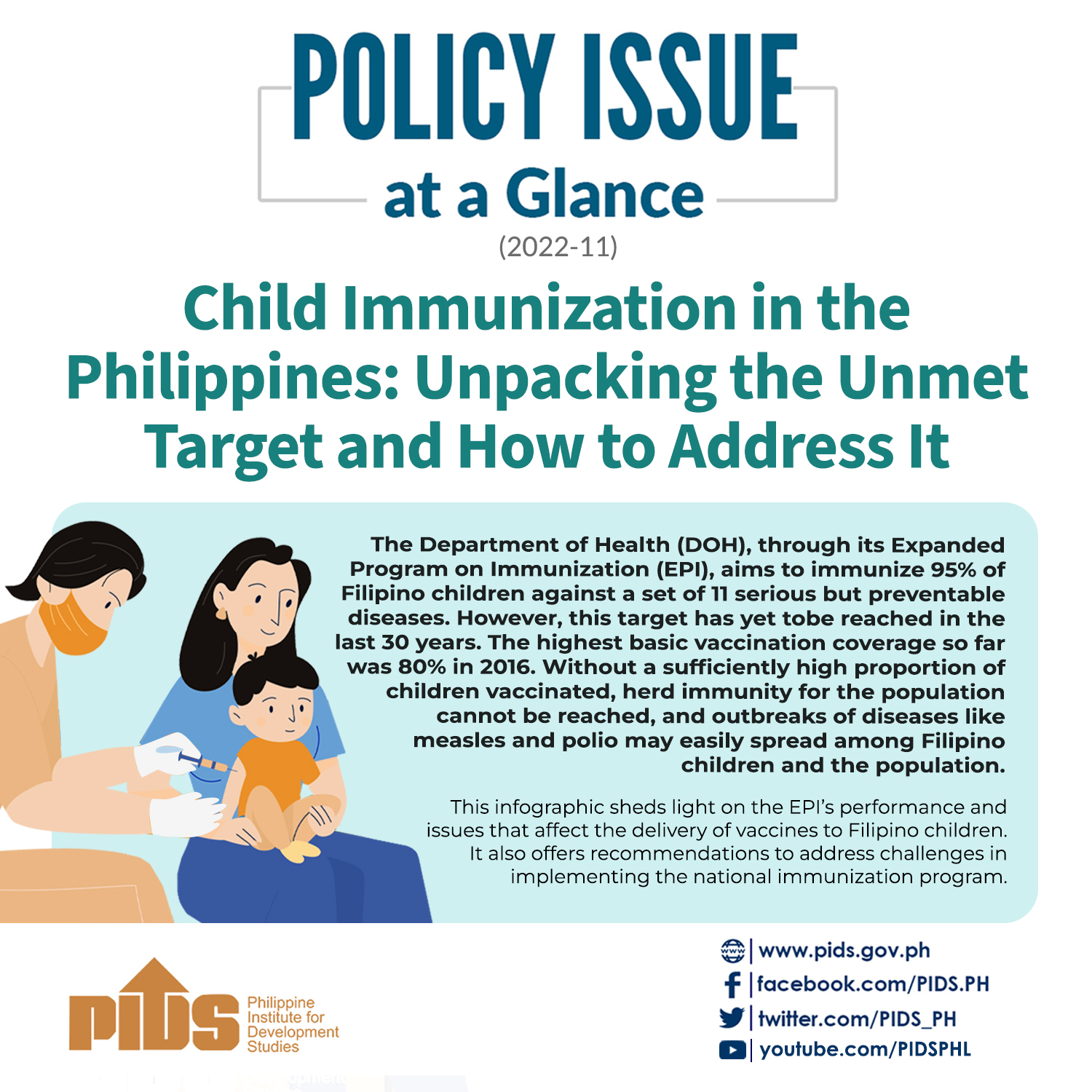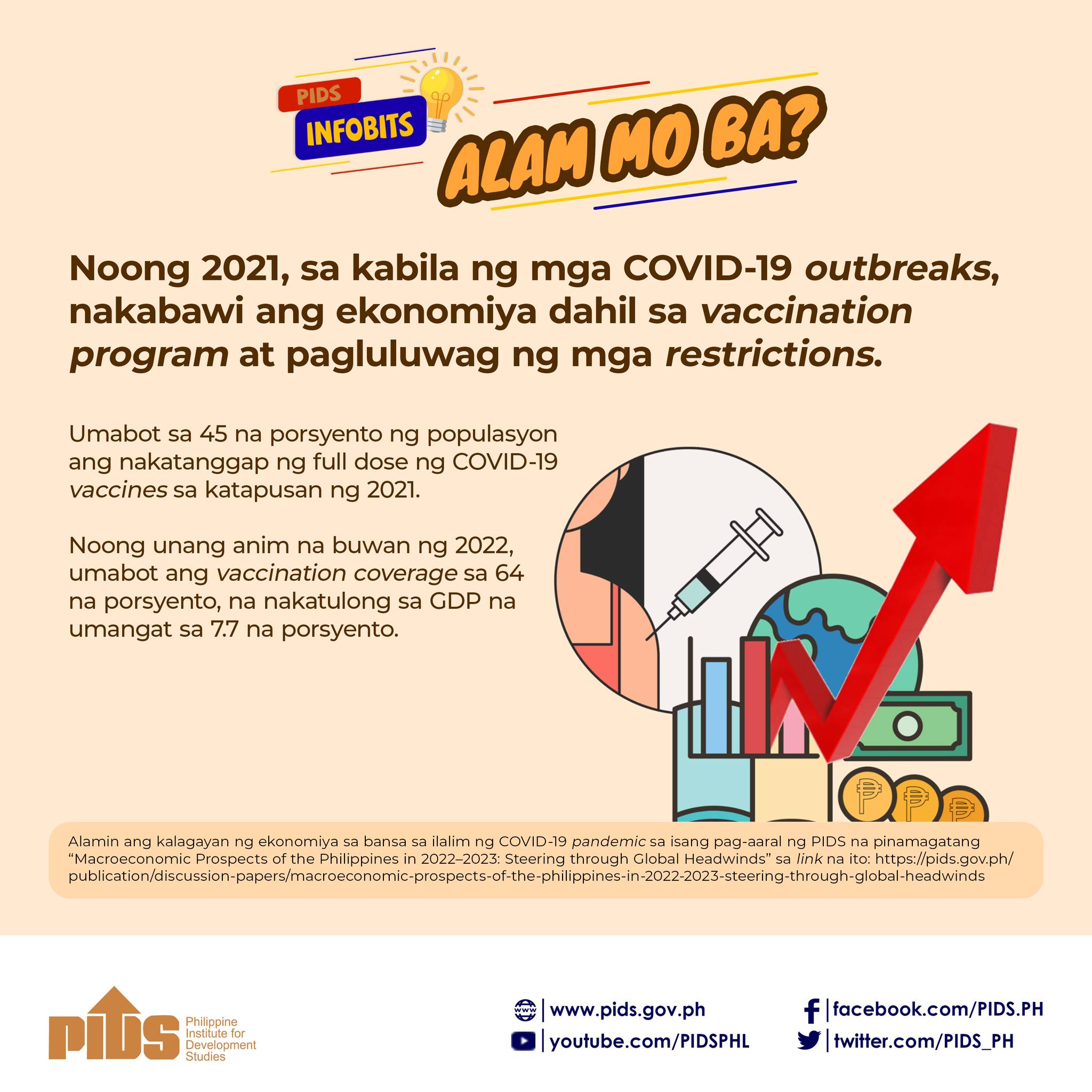President Rodrigo Duterte has announced that the Philippine government intends to borrow up to $300 million (around P14.5 billion) to purchase vaccines against the coronavirus disease (COVID-19).
In a televised speech aired Tuesday, the President said Finance Secretary Carlos “Sonny” Dominguez III assured to source out funds for its acquisition plans even as he acknowledged that there will be a problem in vaccine supply.
“Sonny says he can borrow $300 million. That’s huge. So, we can buy the vaccines,” he said.
The President, however, was quick to recognize that countries developing vaccines will prioritize their own citizens before providing doses to other states.
“My countrymen. You will be vaccinated. When? Just wait. Money? We will borrow. The problem will be the supply. The country than can develop it will– of course– prioritize its own citizens. That’s the reality of life,” he said.
At the same time, Duterte declared that COVID-19 is no longer as frightening as it used to be following the quick development of vaccines in the United States.
U.S.-based Pfizer Inc. and its German partner BioNTech SE announced that their experimental vaccine is more than 90 percent effective against the dreaded virus, making them the first manufacturers to release successful data from a large-scale clinical trial.
The firms said they have found no serious safety concerns so far and they expect to seek U.S. authorization this month to allow the rollout of mass vaccination of medical and essential workers at the start of 2021 and the entire human population in the succeeding months.
The President also reiterated that the government will pay for the vaccines of all Filipinos. Seconds after, however, the President said no part of the $300 million would be used for those with higher incomes.
He said free COVID-19 vaccines will only be given to the poor or those who belong in socio-economic classes D and E.
“As I have promised, the government will shoulder the costs of vaccines for all Filipinos. So, let’s start with the poor,” Duterte said. “But those A, B, crowd, we will no longer spend for them since they are millionaires.”
A 2018 study by the Philippine Institute for Development Studies found that 40 percent of the country’s population belonged to the middle-income class while 58 percent are part of the lower-income class.
The think tank said “low income” refers to those who earn between P9,520 and P19,040 each month at 2017 prices, while the “middle income” earners get P19,040 to P114,240.
Philippine Ambassador to the U.S. Jose Manuel Romualdez said vaccines manufactured by American pharmaceutical companies might become available for procurement by the first quarter of 2021.
In a televised speech aired Tuesday, the President said Finance Secretary Carlos “Sonny” Dominguez III assured to source out funds for its acquisition plans even as he acknowledged that there will be a problem in vaccine supply.
“Sonny says he can borrow $300 million. That’s huge. So, we can buy the vaccines,” he said.
The President, however, was quick to recognize that countries developing vaccines will prioritize their own citizens before providing doses to other states.
“My countrymen. You will be vaccinated. When? Just wait. Money? We will borrow. The problem will be the supply. The country than can develop it will– of course– prioritize its own citizens. That’s the reality of life,” he said.
At the same time, Duterte declared that COVID-19 is no longer as frightening as it used to be following the quick development of vaccines in the United States.
U.S.-based Pfizer Inc. and its German partner BioNTech SE announced that their experimental vaccine is more than 90 percent effective against the dreaded virus, making them the first manufacturers to release successful data from a large-scale clinical trial.
The firms said they have found no serious safety concerns so far and they expect to seek U.S. authorization this month to allow the rollout of mass vaccination of medical and essential workers at the start of 2021 and the entire human population in the succeeding months.
The President also reiterated that the government will pay for the vaccines of all Filipinos. Seconds after, however, the President said no part of the $300 million would be used for those with higher incomes.
He said free COVID-19 vaccines will only be given to the poor or those who belong in socio-economic classes D and E.
“As I have promised, the government will shoulder the costs of vaccines for all Filipinos. So, let’s start with the poor,” Duterte said. “But those A, B, crowd, we will no longer spend for them since they are millionaires.”
A 2018 study by the Philippine Institute for Development Studies found that 40 percent of the country’s population belonged to the middle-income class while 58 percent are part of the lower-income class.
The think tank said “low income” refers to those who earn between P9,520 and P19,040 each month at 2017 prices, while the “middle income” earners get P19,040 to P114,240.
Philippine Ambassador to the U.S. Jose Manuel Romualdez said vaccines manufactured by American pharmaceutical companies might become available for procurement by the first quarter of 2021.

